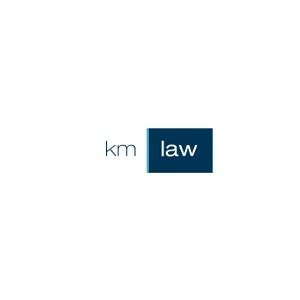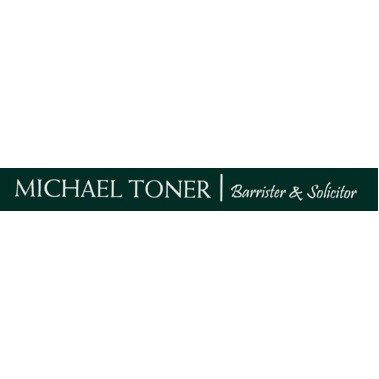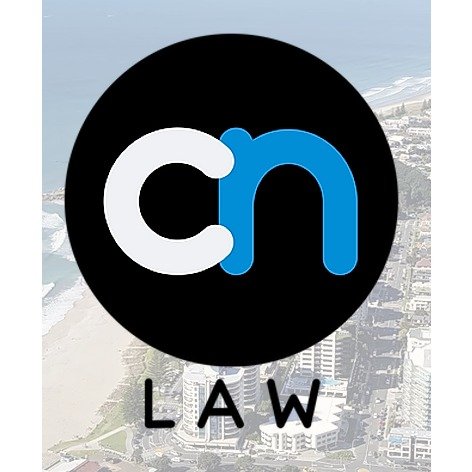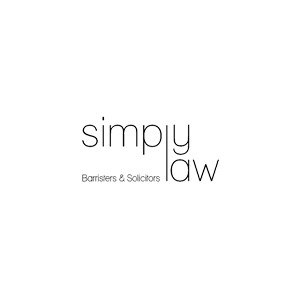Best Foreclosure Lawyers in Tauranga
Share your needs with us, get contacted by law firms.
Free. Takes 2 min.
Free Guide to Hiring a Real Estate Lawyer
List of the best lawyers in Tauranga, New Zealand
About Foreclosure Law in Tauranga, New Zealand
In Tauranga, New Zealand, foreclosure is the lawful process through which a lender can reclaim a home or property in case the homeowner defaults on their mortgage payments. The aim of foreclosure is to enable the lender to sell the property, thereby allowing them to recover the balance of a loan from a borrower who has stopped making payments. The rights of both lenders and borrowers in foreclosure are covered in the Property Law Act 2007, the Credit Contracts Legislation Amendment Act 2020 and various aspects of contract and tort law in New Zealand.
Why You May Need a Lawyer
Navigating foreclosure law can be complex. A lawyer can assist you in understanding your rights, available options, and possible defenses. Instances where you may need a lawyer include when you're served a foreclosure notice, when you're contemplating filing a legal action to challenge foreclosure, when you need help negotiating with your lender, or when you wish to pursue a loan modification, short sale, or deed in lieu of foreclosure.
Local Laws Overview
The foreclosure process in Tauranga, New Zealand, operates under stringent laws that protect the rights of both the lender and the borrower. Lenders must adhere to the Property Law Act 2007, which stipulates procedures for the foreclosure process, including serving notices and applying for court orders before possession can be taken over. Borrowers have rights under the Credit Contracts Legislation Amendment Act 2020 which includes new rules around repossession and hardship protections. Ensuring compliance with these laws is vital for both parties, and breaches can result in significant financial penalties.
Frequently Asked Questions
1. What happens if I default on my mortgage payments?
If you default on your mortgage payments, your lender has the right to file for a foreclosure on your property. This gives them the power to sell your property to recover the balance of the loan.
2. Can I stop a foreclosure after it's started?
Yes, you may be able to stop the foreclosure process. This could involve repaying all overdue amounts, refinancing the loan, or formally challenging the foreclosure process in court.
3. What happens to my property after foreclosure?
Following foreclosure, the lender usually attempts to sell the property. If sold for less than owed, the lender might seek a judgement against you for the balance.
4. Can I contest a foreclosure?
Yes, you can contest a foreclosure if you believe there have been procedural defects, or if you believe the mortgage agreement itself or manner of its enforcement breached your rights.
5. Will foreclosure affect my credit score?
Yes, a foreclosure can negatively impact your credit score, and could affect your eligibility for future loans or credit agreements.
Additional Resources
These key resources provide further understanding and assistance with foreclosure in Tauranga, New Zealand: The Community Law Manual, published by Community Law Centres of New Zealand, the Citizens Advice Bureau, and the Ministry of Justice offer valuable information and services.
Next Steps
If you believe you are facing foreclosure or have received a notice of default, act proactively. Reach out to an experienced foreclosure attorney who can guide you through the process, explore all options available, and defend your rights.
Lawzana helps you find the best lawyers and law firms in Tauranga through a curated and pre-screened list of qualified legal professionals. Our platform offers rankings and detailed profiles of attorneys and law firms, allowing you to compare based on practice areas, including Foreclosure, experience, and client feedback.
Each profile includes a description of the firm's areas of practice, client reviews, team members and partners, year of establishment, spoken languages, office locations, contact information, social media presence, and any published articles or resources. Most firms on our platform speak English and are experienced in both local and international legal matters.
Get a quote from top-rated law firms in Tauranga, New Zealand — quickly, securely, and without unnecessary hassle.
Disclaimer:
The information provided on this page is for general informational purposes only and does not constitute legal advice. While we strive to ensure the accuracy and relevance of the content, legal information may change over time, and interpretations of the law can vary. You should always consult with a qualified legal professional for advice specific to your situation.
We disclaim all liability for actions taken or not taken based on the content of this page. If you believe any information is incorrect or outdated, please contact us, and we will review and update it where appropriate.

















